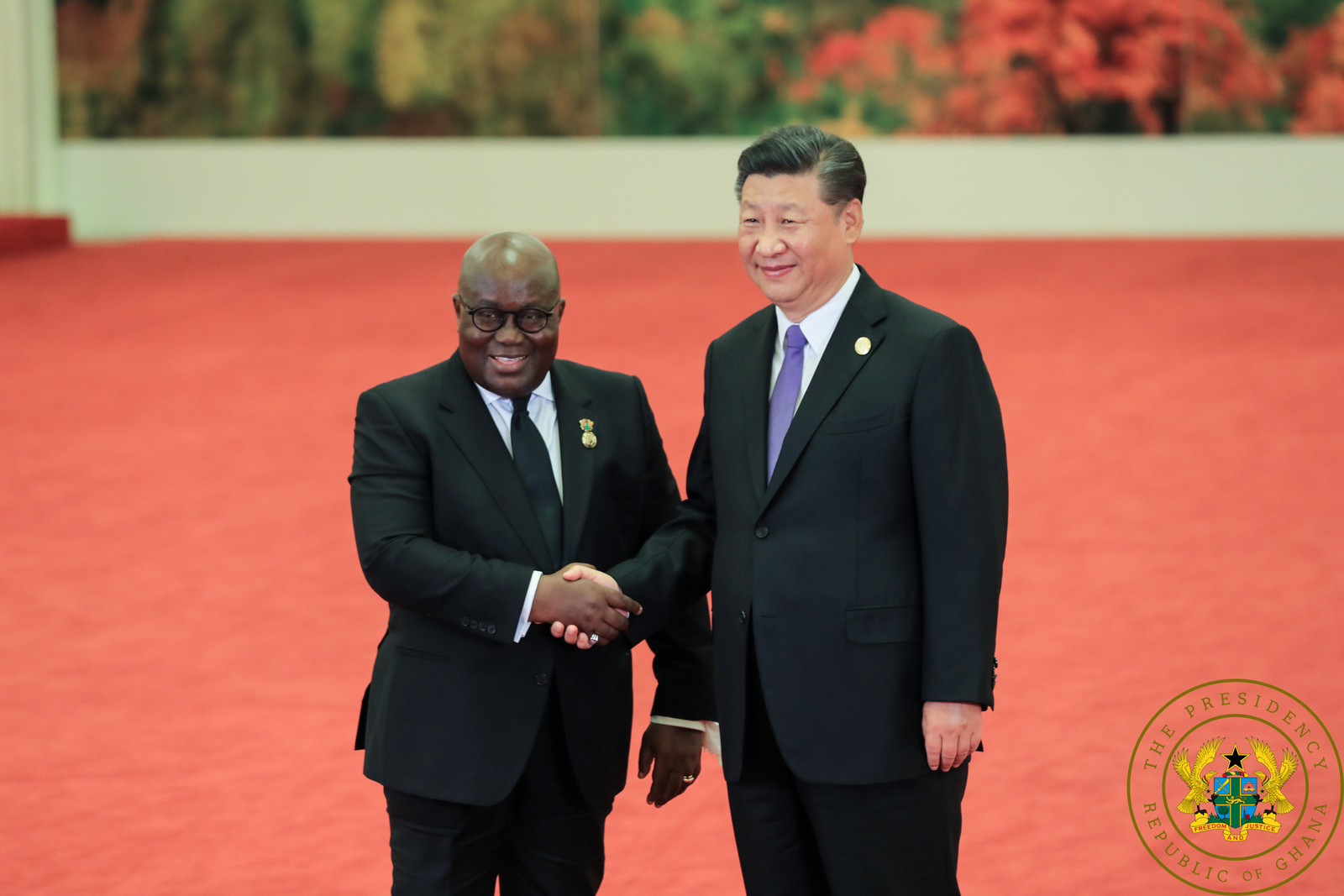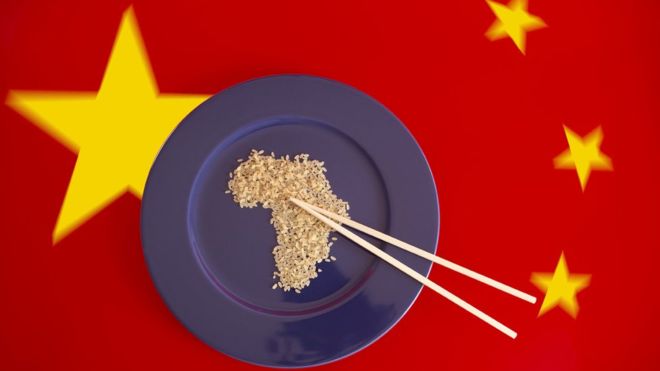China is Ghana’s largest investor, given the number of registered projects in the country as well as the biggest trading partner, with the total value of trade reaching a record $7.46 billion in 2019.
This was revealed by Mr Charles Owiredu, Deputy Minister for Foreign Affairs and Regional Integration, at the ongoing maiden edition of the Ghana-China Economic and Culture week. The event is under the theme “60 years of great friendship: building back stronger and better, a shared Ghana-China future beyond COVID-19,” Ghana China relationship is deepening over time. Mr. Charles Owiredu mentioned that
“On the economic, trade, and investment fronts, our two countries have deepened their cooperation. China is currently the largest investor in Ghana by the number of registered projects. It is also Ghana’s biggest trading partner with the total value of trade reaching a record $7.46 billion in 2019, thereby surpassing our traditional trade partners,” Charles Owiredu said.
The week-long celebration which is being held via zoom is aimed at deepening the relationship between the two countries, and strengthening economic ties given the impact of the Coronavirus on the global economy.
Ghana-China relationship
Ghana and China established diplomatic relations shortly after Ghana became a Republic in July 1960. Since then, Ghana and China have strengthened their relations touching on all sectors of economic growth and development.
In 2018 for instance, Ghana and Beijing signed a $2 billion Master Project Support Agreement (MPSA), which involved Beijing financing $2 billion worth of rail, road, and bridge networks in Ghana in exchange for a 5% access to Ghana’s bauxite reserves.
The $2 billion projects would see Sinohydro, a Chinese state-owned hydropower, and construction company gain access to the mineral (bauxite), which is the world’s mains source of aluminum. The agreement forms part of a wider loan facility worth $19 billion.
To add to the deal, the Chinese government pledged its support to the Ghana Police Service by funding them with 100 vehicles. The Chinese government also offered 300 million yuan ($42.7 million) in grant and debt write off of 250 million yuan.
Last year, it was estimated that the Chinese Embassy had issued over 17,000 visas for Ghanaians with more than 6,500 young Ghanaians studying in China at present.
Ghana China relationship- The growing concern
China’s deep ties in Ghana and the West African Sub-Region has been a source of worry amongst some economist, international government investment partners and even environmental activists.
There is the growing concern that Atewa Bauxite Mine, which is home to an estimated 165 million tons of bauxite will pollute the source of three major rivers (Densu, Birim, and Ayensu ) that provide water to 5 million people. The environmental costs, water expert say will be too high.
In a report, Ronald Abrahams, a chief officer of the Water Resources Commission said
“When you take the mountain off, you change the hydrology and ecology.”
“It will not be the same. It will change everything, and we won’t have a source of a river which is so reliable and has served this nation for ages,” he further added.
Analysts at EXX Africa, “a specialist intelligence firm providing analysis and forecasts on political, security, and economic risk across all African countries” also condemns the bauxite deal for lack of transparency. A study by EXX Africa wrote,
“The deal risks further undermining the government’s credibility for transparency ahead of the 2020 elections and weaken its debt sustainability outlook.”
Also, the push for Ghanaians to learn the Chinese language is being tagged by some as China’s grand scheme to take over the country, as it is being done to other countries in the Sub-Saharan region.
However, the Director of the Confucius Institute at the University of Legon, Dr. Meilian Mei, said the main objective of the initiative was to help foster a friendly atmosphere between Chinese individuals visiting the country and immigration officers. The initiative is also to facilitate better communication between visiting Chinese individuals and Ghanaians as they go through the immigration process at the airport.
“The program will be organized for 70 Immigration officers and there will be a two to three-hour lesson each week for eight weeks,” she said.
On a Chinese-funded $130 million construction project, Vice-President Mahamudu Bawumia announced the construction to upgrade training facilities and equipment at 15 Ghanaian technical universities which did not sit down well with Elizabeth Stephens, Managing Director at Geopolitical Risk Advisory, a firm in London that devises strategies to manage and mitigate risk in international investments.
“Funding the construction of schools and universities is likely to enable China to exert significant influence over the curriculum at a time when concern is being raised about Chinese investment being used to influence teaching at Western universities,” Elizabeth Stephens said.
Despite the concerns, Ghana China relationship, especially in terms of trade, is growing deeper.








